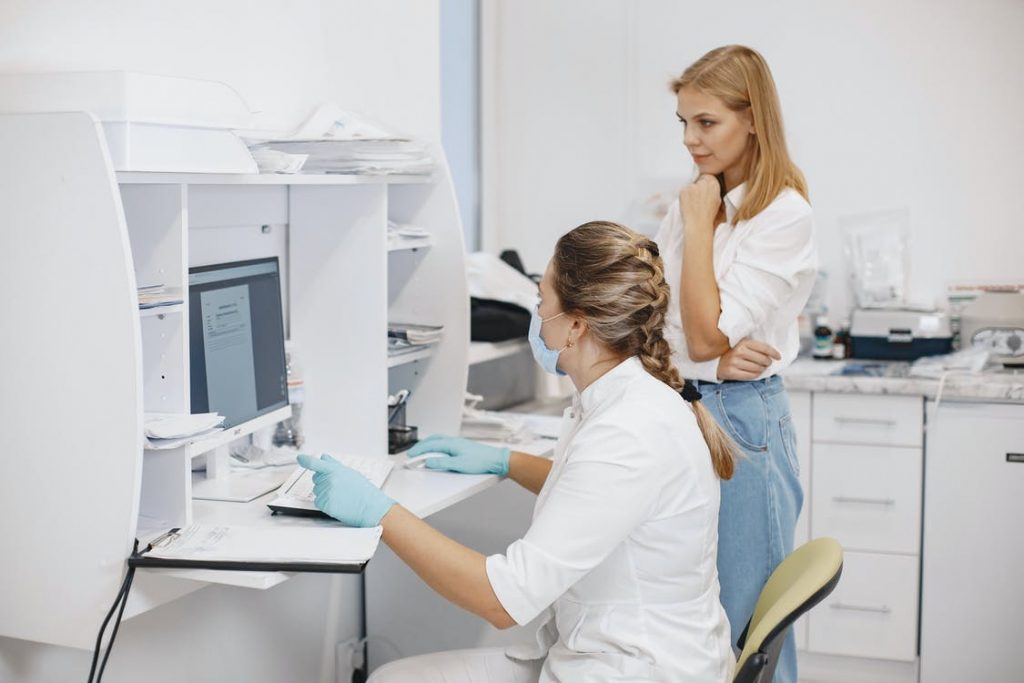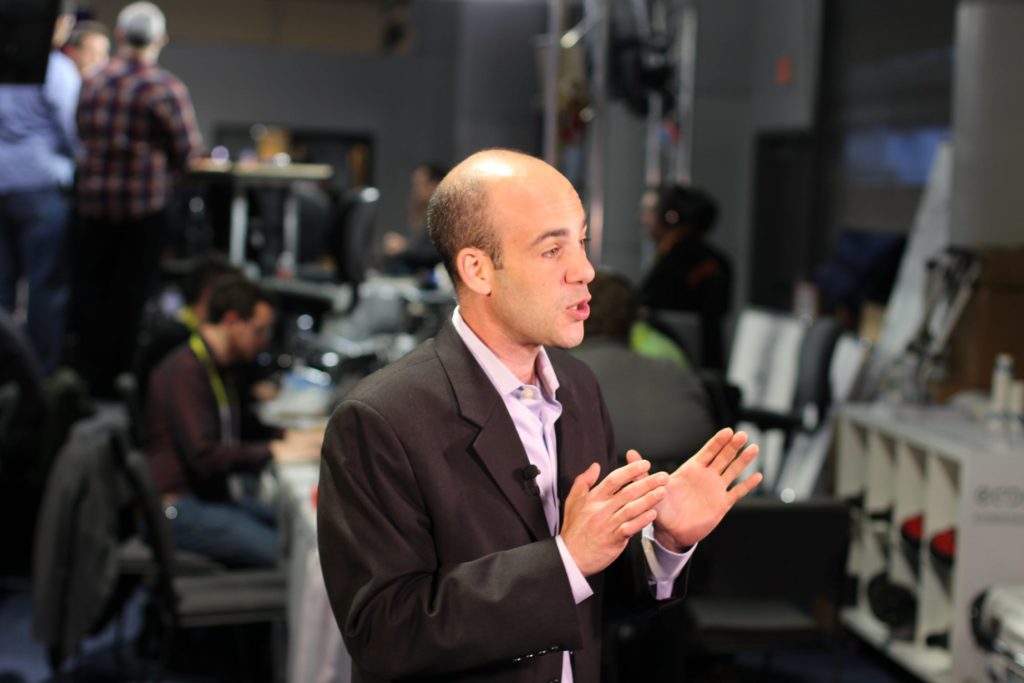Once a health professional secures a degree and a job, their formal learning process is far from over. Nurses, physicians, medical social workers, and nearly every job in healthcare require additional training and recertification to stay on their game. Government, employer, and industry stipulations for licensure, certification, and care standards are constantly being upheld.
Healthcare professionals may also want to advance their careers or make a lateral move into a related position. For instance, a respiratory therapist may want to move into a nursing position in a hospital’s cardiology department. Part of the requirements to assume that position may include ACLS certification.
ACLS stands for advanced cardiovascular life support. The American Heart Association oversees the material for these courses. Likewise, various states have different licensing and certification requirements for healthcare professionals. Relocation often means healthcare workers have to recertify to meet those additional or new stipulations. Let’s look at who might need ACLS certification and some of the more common reasons for obtaining it.
Emergency Medical Technicians
Emergency medical technicians (or EMTs) are responsible for assisting patients with emergency medical care, and those managing the team may make use of something like this ems dispatch software to help them allocate jobs quickly and appropriately. While EMTs are largely responsible for getting injured patients to the nearest medical facility, they may have to administer care during transport. This care can include attempting to resuscitate patients and get their hearts beating again.
The National Registry of Medical Technicians lists education and state licensure as requirements for being an EMT. The EMTs who let their certification or licensure lapse are required to recertify. Passing scores on exams are often needed before an EMT can report to work.
ACLS certification may also be part of a state’s requirements, since EMTs often provide life-saving care. There may be updates and add-ons to the certification course material as new medical discoveries are made and procedural advancements take place. EMTs will need to recertify in these instances so they apply the latest techniques and knowledge.
Also, a state or employer’s certification and licensure requirements may stipulate that EMTs recertify at certain intervals. For example, EMTs might have to renew their certifications every three years.
Licensed Professional Nurses or Registered Nurses
Licensed professional nurses (LPNs) and registered nurses (RNs) are prime candidates for ACLS certification. Some nurses work on rotation in wards where ACLS-related knowledge is essential, including in cardiology wards and emergency rooms or departments. Others mainly work in cardiology and do rotations in other departments and the emergency room. All of these professionals are good candidates for ACLS certification.
In Colorado, nurses must meet certain requirements before applying for a job at a hospital or medical facility. Those basics include an associate’s degree in nursing and licensure. Prospective nurses must take the National Council Examination for RNs and maintain that license.
That being said, some employers implement requirements that go beyond the minimum or basic state guidelines. Some major hospitals want nursing staff to have a Bachelor’s degree in Nursing. These employers may hire nurses with an associate’s degree. However, they’ll do this with the understanding the employee will obtain their Bachelor’s degree within a specific time frame.
In this case, a healthcare professional often needs additional training in the form of a degree. Nonetheless, maintaining an LPN or RN license will likely mean obtaining a recertification, which involves studying new material. Some certification processes may involve clinical hours on the floor or clinical observation.
Doctors and Surgeons
A state’s medical board is typically responsible for overseeing licensure requirements for doctors and physician assistants (or PAs). Like nurses, physicians need to apply for a license and pass an exam to practice medicine. Licensure requirements may change from year to year, ensuring that physicians have to study up and recertify.
As new diseases emerge, the Centers for Disease Control and Prevention also disseminates training for medical facilities. Doctors and PAs must keep up with this training and emerging guidance to be effective in their work.
Without this additional training, patient care will suffer and doctors can face lawsuits. They may also lose their medical license and ability to practice if they get too many complaints. Severe complaints or allegations of malpractice can also impact PAs and surgeons.
Adhering to the latest guidelines and completing supplementary training is one way to prevent these unpleasant events from taking place. Similar to nurses, doctors that want to practice or move to another state have to meet their new state’s guidelines. They have to apply for a new license in that state and more than likely will need to recertify and take additional exams.
Medical Social Workers
Unlike other health professionals, medical social workers may not need ACLS certification. These professionals aren’t directly involved in life-saving patient care. Instead, medical social workers help arrange and coordinate resources for patients. These resources can include temporary housing, substance abuse recovery, and domestic counseling.
Regardless, medical social workers need to carry licenses in most cases. A licensed clinical social worker has to meet state licensure and certification stipulations. This requires periodic exams and recertification. Unlike other social work professions, medical social workers need more than a Bachelor’s or Master’s degree in social work (MSW).
Medical social workers also need to be aware of the most recent medical terminology, and physical and mental diseases, as well as be able to clinically assess patients. Some medical social workers specialize in physical disease, while others concentrate on patients with mental health disorders.
But unlike MSWs who run a community-based organization, a medical social worker’s education is never finished. Working in a hospital is fast-paced and demanding, and new protocols are often introduced weekly (if not daily). Licensure education, retraining, and recertification are only one piece of the puzzle.
Pharmacists
It’s no secret that pharmacists perform a critical job. They often have a lot on their plates, especially if they work in high-volume pharmacies. The last thing anyone wants is a pharmacist who dispenses the wrong medicine or the incorrect dosage.
Consequently, continuing education is something all pharmacists and pharmacy technicians must go through. New medications come on the market all the time. Plus, existing medications can become subject to new regulations and patient warnings. It’s also a key part of a pharmacist’s job to help ensure patients aren’t getting medications that will fatally interact with each other.
Additional training and continuing education for pharmacists usually entails taking courses. Recertification and exams may be part of obtaining those continuing education credits. The National Association of Boards of Pharmacy and the Accreditation Council for Pharmacy Education partners with continuing education providers that meet certification requirements.
Certified Medical Assistants
A certified medical assistant performs a combination of clinical and administrative duties in a medical facility. They may help out in various departments and assist with life-saving care. ACLS certification may be a requirement to hold this position, in addition to a certification from the American Association of Medical Assistants (AAMA).
Although the work that certified medical assistants do is varied and general in nature, they need to maintain their certification to maintain essential skills. This means occasional updates to core knowledge and new certifications. To get and maintain their AAMA credential, medical assistants also need a postsecondary degree.
In addition, certified medical assistants also need clinical training and retraining in various areas. Some of these can include general office practices, first aid, lab techniques, and human anatomy. As scientific and medical knowledge advances and changes, recertification and clinical training help to ensure medical assistants are up to date.
Certified Nurse Assistants (CNAs)
CNAs often face the same type of situations general medical assistants do. But instead of assisting a variety of medical professionals, CNAs work directly with RNs and LPNs. CNAs often need additional training in basic healthcare and nursing procedures. It is up to the nursing staff to supervise and train CNAs in clinical settings.
However, CNAs can also assist with medical procedures that sustain and support life. For this reason, ongoing training and recertification are necessary. CNAs are also directly responsible for caregiving procedures in nursing homes and hospitals.
Without current training, they could administer poor or inadequate treatment. This can increase the medical facility’s vulnerability to malpractice allegations. Like other healthcare professionals, CNAs are subject to local government regulations and standards. Additional training and recertification help correct any knowledge gaps.
Working as a Health Professional
Getting a job in healthcare often means you’ll have to keep your skills up to date. This includes any certifications or licensures you need to get a job in the industry. EMTs, nurses, doctors, pharmacists, and medical assistants all require some form of licensure and certification.
What this means is that you’ll spend a significant portion of your career maintaining those credentials. Without them, you may not be able to practice or will have to take on limited duties until you complete your education. In some cases, your license to practice may be revoked until you finish your required continuing education or CE credits. Recertification and additional training can include additional courses, such as ACLS certification.
A healthcare career can be rewarding, but it’s also demanding and subject to government regulation and oversight. Individual employers may require additional certifications and education requirements that exceed the state’s minimum. Although the industry may have numerous job openings, relocating also opens up the door to additional training and certification.
Healthcare is a rapidly evolving industry, with new discoveries and developments being made constantly. For this reason, it’s important to stay on top of certifications. Additional training can open up opportunities and further a healthcare worker’s career. It makes sense to get not just an ACLS certification, but to work on further education in general.
Author Bio
Kate Macmorn
Communications Director
Kate is the communications director for the American Medical Resource Institute, where they’ve trained over a million healthcare professionals to study for, earn and maintain life support certifications that allow them to better respond to cardiac emergencies. When not in the office, you can find Kate practicing her tennis skills. She also frequents live music venues and is always looking for her next creative hobby.




